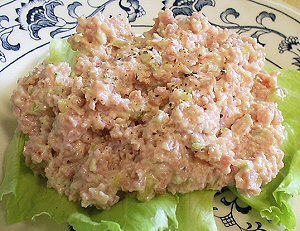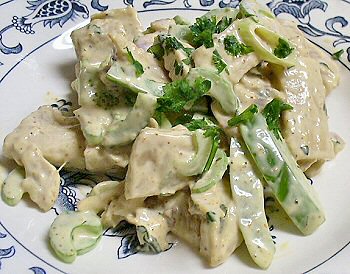Antibiotics in Your Food: Should You Be Concerned?
One primary consideration is that exposure to antibiotics through food consumption can contribute to the development of antibiotic resistance. This occurs when bacteria are exposed to antibiotics and adapt, rendering them less susceptible or completely resistant to future antibiotic treatments. The excessive and often unnecessary use of antibiotics in animal agriculture has been identified as a major contributor to the growing problem of antibiotic resistance, both in humans and livestock.
Moreover, the presence of antibiotic residues in food can pose direct health risks to consumers, particularly those who are allergic to specific antibiotics. Consuming animal products containing such residues can trigger allergic reactions in sensitive individuals, leading to severe health complications.
Furthermore, the excessive use of antibiotics in agriculture can have detrimental effects on the environment. Antibiotic residues in soil and water bodies can impact microbial ecosystems and contribute to the spread of resistance genes among bacteria found in the environment, creating long-term challenges to public health.
In light of these concerns, there is a pressing need for responsible antibiotic stewardship in animal agriculture. Implementing judicious antibiotic use practices, employing alternative preventive measures, and raising awareness among farmers and consumers are crucial steps towards addressing this complex issue and ensuring the long-term effectiveness of antibiotics in human medicine.
Here are some additional measures that consumers can take to reduce their exposure to antibiotics in food:
- Choose organic or antibiotic-free meat and poultry whenever possible.
- Opt for pasture-raised animals, as they are less likely to require antibiotics due to their diet and living conditions.
- Thoroughly cook meat and poultry to reduce the risk of consuming any potential antibiotic residues.
- Wash your hands after handling raw meat or poultry to prevent the spread of bacteria.
By taking these steps, consumers can help minimize their exposure to antibiotics in food and contribute to the overall effort to combat antibiotic resistance.
-
Asian Chicken Salad
-
QUICK THOUSAND ISLAND SLAW
ROBINS QUICK THOUSAND ISLAND SLAW2 cups cabbage, shredded, 5 3/4 ounce
-
FAST FIESTA SALAD
LIZS FAST FIESTA SALAD8 ounces frozen broccoli florets8 ounces frozen
-
WILTED SPINACH SALAD WITH WARM BACON DRESSING
WILTED SPINACH SALAD WITH WARM BACON DRESSING6 ounces fresh baby spina
-
DAIKON RADISH SALAD
DAIKON RADISH SALAD1 1/4 pound daikon radish *1/2 cup mayonnaise1 tabl
-
TUNA MELTS
TUNA MELTS2 servings Tuna Salad1 large tomato, about 6 1/2 ounces befo



